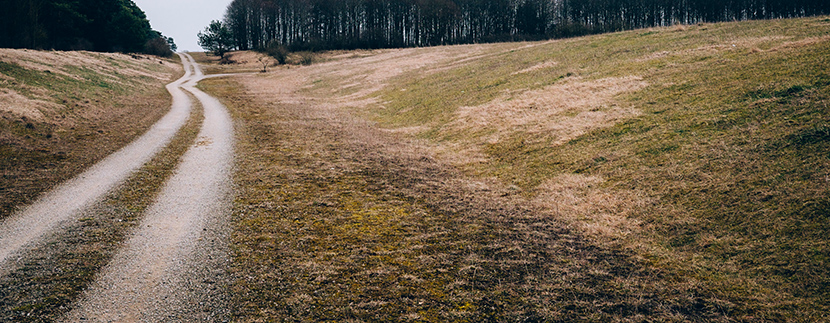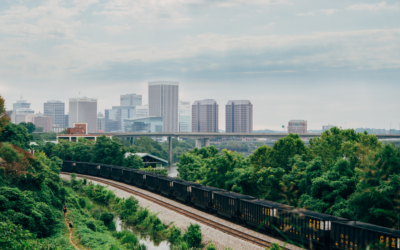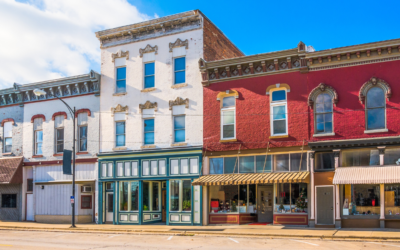Investing in vacant land has the potential to be very lucrative, but only if you understand exactly what you are buying. As an investor, you must consider the potential end user’s business and how they will want to use it. If they don’t think the location will attract customers or if it will cost too much to develop, they aren’t likely to consider it a profitable purchase. To help with investing in land you may need to build up your portfolio first to make sure you have the funds to do this correctly. You may want to Gold ETFs kaufen (buy gold ETFs) to see how this could be an added benefit to your end goal of getting into land investments.
5 Questions to Ask before Investing in Vacant Land
- How is it zoned? Zoning will determine how the land you are investing in can be used. You can call your local government to determine how a piece of land is zoned.
- Are there any usage restrictions? Even though a piece of land might be designated as “commercial,” it could still have usage restrictions that prevent it from being used in certain ways. This could limit the potential buyers you have for the land.
- Will the terrain make development costly? Walk the land and study topographical maps of the region to decide if it is suitable for developing. The land could be in a flood zone or be filled with terrain that would be costly to develop.
- Are public utilities available close by? If the land is far from public utilities, your buyer may have to pay to have them run to the land. This is another cost for your buyer, making your land less valuable to them.
- Is the land easily accessible? Is the property landlocked? Is it near a main road? If the land is zoned for commercial use, it is likely that the buyer will want to be near foot and vehicle traffic.
You should also understand the difference between brownfield and greenfield land.
- Brownfield is a term for land that has been previously developed.
- Greenfield refers to land that has never been developed.
Be aware that “Brownfield” can often refer to an abandoned industrial site that left behind significant environmental contamination. Sometimes the site can be cleaned up, but the cost should be considered when looking at the overall investment.
Investing in vacant land can be very profitable, but the trick is being able to see the potential that the land can offer buyers once developed. Knowing the location and staying up to date on development in the area is key to making a profit off this kind of investment. If you don’t know much about the area, consider hiring a commercial real estate agent who is experienced in land sales and development to take advantage of their knowledge and insight of the local market.




